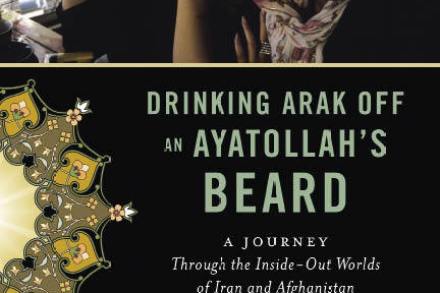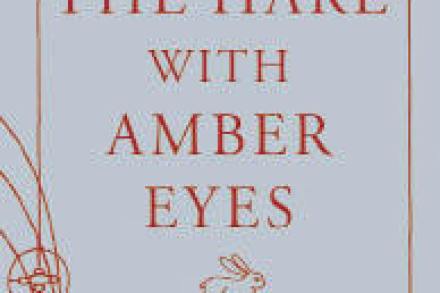The poetry of everyday life
In an age when it is fashionable to travel with a fridge, Nicholas Jubber’s decision to take an 11th-century epic poem as his travelling companion to Iran and Afghanistan can only be admired. In an age when it is fashionable to travel with a fridge, Nicholas Jubber’s decision to take an 11th-century epic poem as




















